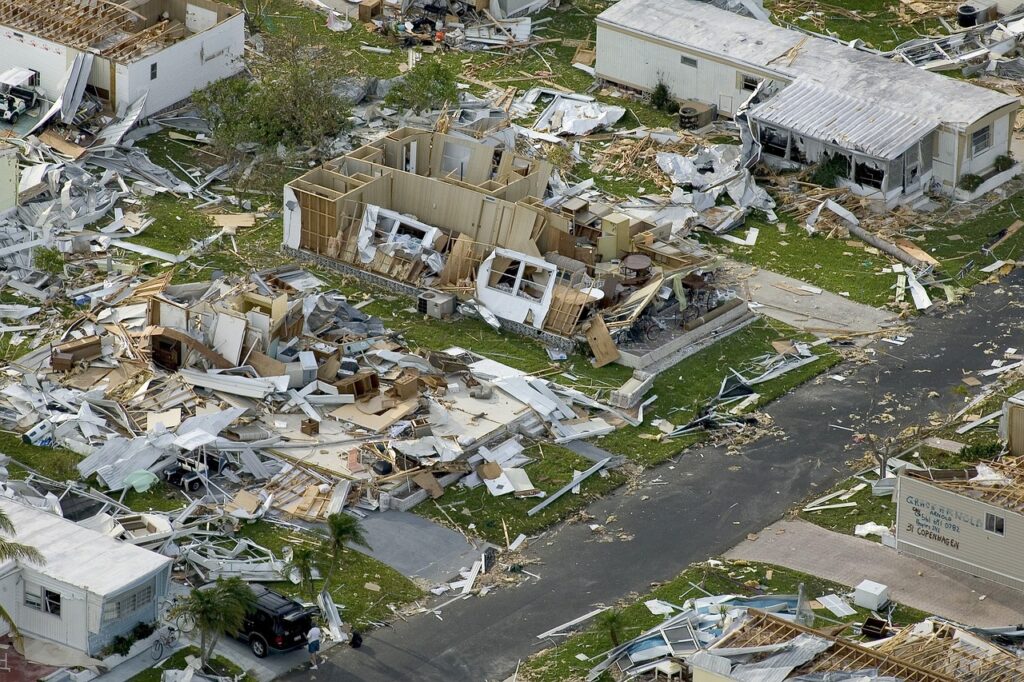This strategic move could potentially lead to the reallocation of capital in the commercial property insurance market, according to industry brokers.
While the full impact on the market remains uncertain, sources suggest that catastrophe aggregates previously deployed to homeowners insurance portfolios may be redirected elsewhere.
Insurers that operate in both commercial and personal lines are now faced with the challenge of determining where to invest their capital and surplus.
Mike Chapman, National Director of Commercial Markets at Hub International Ltd., states that carriers are being compelled to choose between investing in commercial lines or scaling back significantly in non-profitable personal lines, given the pressure on claims, litigation, and rates in challenging states like California and Florida.
Chapman further explains that insurers have greater flexibility in setting rates for catastrophe-exposed commercial properties and can prioritize risk mitigation.
Another broking source highlights the opportunity for insurers that have deployed catastrophe aggregates to their homeowners portfolios in California or Florida to redirect those resources towards commercial risks. However, the outcome of this potential shift remains to be seen.
Kathy Bettencourt, Northeast Property Broking Leader at Willis Towers Watson PLC, suggests that it is too early to determine the overall market effects.
Bettencourt also anticipates changes in portfolio allocation and coverage preferences within the realm of mortgage impairment-type coverages, particularly for financial institutions.
It will be interesting to observe whether personal lines insurers with a commercial arm will seek to expand their commercial capacity, adds Bettencourt.
Recently, Farmers Insurance Group Inc., a subsidiary of Zurich Insurance Group A.G., announced its decision to cease writing home, auto, and umbrella policies issued by its exclusive agents in Florida. The move was deemed necessary to effectively manage risk exposure. Prior to this, Farmers had limited new homeowners insurance policies in California.
AAA Insurance also stated that it would not renew auto and homeowners insurance policies for select policyholders in Florida, citing heightened operational costs due to the catastrophic 2022 hurricane season.
Similar retractions were witnessed earlier this year, with insurers such as State Farm Mutual Automobile Insurance Co. and Allstate Insurance Co. halting the writing of new business in the California property insurance market due, in part, to increased losses from wildfires.
Rick Miller, U.S. Property Leader for Aon PLC’s commercial risk solutions business, notes that the pullback by insurers primarily affects personal lines, while commercial policyholders remain less impacted. He explains that the homeowners market is highly regulated at the state level, and in states where insurers have exited, there are options available in both the admitted and excess and surplus lines markets for commercial property.
While capacity in many commercial property insurance markets has remained steady, insurers have reduced the limits they offer, says Miller.
According to DBRS Morningstar analysts, restricting new business or exiting specific lines of business could potentially hinder insurers’ revenue growth potential. They say these considerations must be assessed against the potential positive implications for underwriting and risk profiles, as they may have an uncertain impact on the final credit rating.
Meanwhile, Swiss Re Ltd. reports that US property/casualty insurers are responding to increased inflation and natural catastrophe losses by implementing rate increases whenever possible, and exiting certain lines of business when necessary. In the first half of this year, insurers took steps such as halting new business and non-renewing policies in catastrophe-prone markets like California, Florida, and Louisiana.
Swiss Re Institute’s June U.S. Property-Casualty Outlook indicates that underwriting actions have extended to commercial property and personal auto lines, even as homeowners insurance remains the primary focus.









